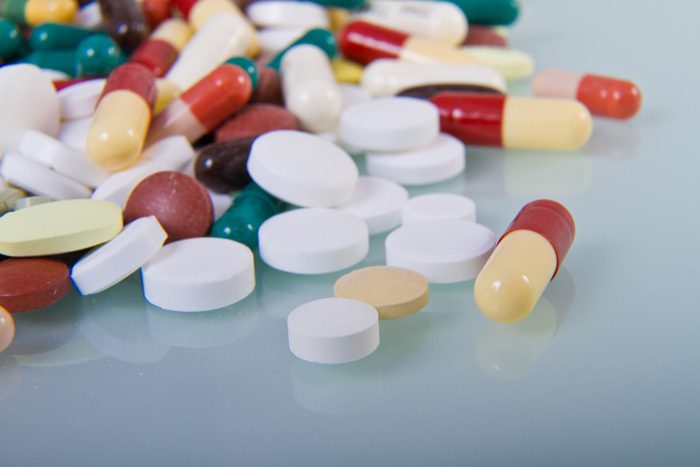Most people have been given a prescription drug at one time or another in their lifetime.
Prescription drugs are manufactured to treat a specific ailment for a specified amount of time. In recent years, there has been a dramatic increase in prescription drug abuse. According to the National Institute on Drug Abuse, an estimated 48 million people have used prescription drugs for non-medical purposes at some point in their life.
When prescription drugs are taken over an extended period of time or abused, changes in the brain take place leading to deviations in the brain’s structure and functioning. This is how dependence and addiction occur. Addiction is a chronic brain disease that causes compulsive drug seeking regardless of circumstances and damage caused by continual use.
If you or someone you love is taking prescription drugs and you are wondering if abuse is occurring, here are some telltale signs:
- Taking more than the prescribed dosage
- Taking for reasons other than prescribed—for example, if you have been prescribed pain meds and find yourself taking them when sad or lonely, you are abusing prescription drugs
- Running out of the prescription too soon
- Searching for pharmacies to fill the prescription
- Searching for another doctor to write prescriptions for you
- Not being honest about your pain or the reason why you need a certain prescription
According to the National Institute on Drug Abuse, the prescription drugs most commonly abused are:
- Opioids – These are used to treat pain. They include medications such as oxycodone (OxyContin, OxyFast, Roxicodone), oxycodone with acetaminophen (Rosicet, Endocet, Percocet), hydrocodone with acetaminophen (Lortab, Lorcet, Norco, and Vicodin), hydrocodone (Zohydro ER, Hysingla ER), morphine, fentanyl (Actiq, Duragesic, Fentora), Meperidine (Demerol), Codeine, and Methadone (Dolophine, Methadose). These painkillers have become more and more widely used since the early 1990’s.
- Stimulants – These are mainly used to treat ADD, ADHD, sleep disorders, and narcolepsy. Medications listed as stimulants are amphetamines, methylphenidate, and dextroamphetamine. These include: Ritalin, Concerta, Adderall, Adderall XR, Dexedrine, Daytrana, and Methylin.
- Depressants – Depressants are used to treat anxiety and sleep disorders. These are typically in the benzodiazepine family of medications. They include: diazepam (Valium), alprazolam (Xanax), zolpidem (Ambien), and Klonopin.
Symptoms and signs of prescription drug abuse vary according to the individual, the specific drug abused, the length of time, and the amount taken. Some common symptoms are as follows:
- Opioid painkillers
- Constipation
- Nausea
- Feeling high (euphoria)
- Slowed breathing rate
- Drowsiness
- Confusion
- Poor coordination
- Increased pain with higher doses
- Sedatives and anti-anxiety medications
- Drowsiness
- Confusion
- Unsteady walking
- Slurred speech
- Poor concentration
- Dizziness
- Problems with memory
- Slowed breathing
- Stimulants
- Reduced appetite
- Agitation
- High body temperature
- Insomnia
- High blood pressure
- Irregular heartbeat
- Anxiety
- Paranoia
Risk for addiction depends upon many variables. Influencing factors include age, a person’s biological make-up and heredity, psychological factors, and social environment. The more risk factors one has, the higher the risk that taking prescription medications may lead to addiction. If you think that you or someone you love may be having a problem with prescription medications, there is help. Due to the increase in dependence and addiction to prescription medications, there are now non-addictive medications that can help with withdrawal symptoms. This is not an answer in itself. Medically assisted detox, combined with behavioral therapy, can help you regain control of your life.
If you or someone you love is abusing prescription drugs, please contact us now at 866.572.6062. We can help.
References:
- Prescription drug abuse. (n.d.). Retrieved February, 2016.
- Prescription Drug Abuse: Addiction, Types, and Treatment. (n.d.). Retrieved February, 2016.






